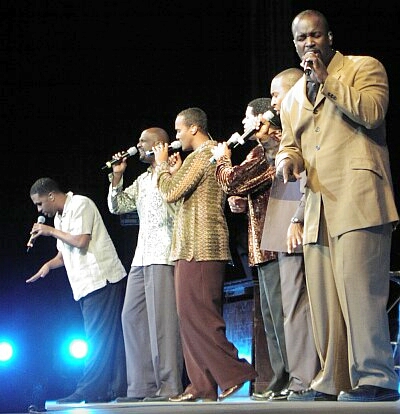Monthly Archives: November 2018
Brain “under the jazz”
 When jazz musicians improvise, areas that are responsible for self-censorship and inhibition of nerve impulses are turned off in their brain, and instead, areas that open the way for self-expression are turned on.
When jazz musicians improvise, areas that are responsible for self-censorship and inhibition of nerve impulses are turned off in their brain, and instead, areas that open the way for self-expression are turned on.
A companion study at the Johns Hopkins University, in which volunteer musicians from the Peabody Institute participated, and in which the functional magnetic resonance imaging (fMRI) method was used, shed light on the mechanism of creative improvisation that artists use in everyday life.
Jazz musicians, improvising, create their own unique riffs by turning off braking and turning on creativity.
Scientists from the Medical University, National Institute of Deafness speak about their interest in a possible neurological basis of a state close to the state of trance, into which jazzmen fall, starting spontaneous improvisations. Continue reading
Music in your head
 Before modern neuroimaging techniques were developed, researchers studied the musical abilities of the brain, observing patients (including famous composers) with various disruptions in their activity due to injury or stroke. So, in 1933, the French composer Maurice Ravel developed symptoms of local brain degeneration – a disease accompanied by atrophy of certain sections of brain tissue. The composer’s mental abilities did not suffer: he remembered his old works and played scales well. But he could not compose music. Speaking about his alleged opera “Joan of Arc”, Ravel confessed: “Opera is in my head, I hear it, but I will never write it. Continue reading
Before modern neuroimaging techniques were developed, researchers studied the musical abilities of the brain, observing patients (including famous composers) with various disruptions in their activity due to injury or stroke. So, in 1933, the French composer Maurice Ravel developed symptoms of local brain degeneration – a disease accompanied by atrophy of certain sections of brain tissue. The composer’s mental abilities did not suffer: he remembered his old works and played scales well. But he could not compose music. Speaking about his alleged opera “Joan of Arc”, Ravel confessed: “Opera is in my head, I hear it, but I will never write it. Continue reading
What is the secret of the fascinating power of music?
 Music surrounds us everywhere. At the sound of a powerful orchestral crescendo, tears come to my eyes and goosebumps run down my back. Musical accompaniment enhances the artistic expressiveness of films and performances. Rock musicians make us jump on our feet and dance, while parents lull the kids with quiet lullabies.
Music surrounds us everywhere. At the sound of a powerful orchestral crescendo, tears come to my eyes and goosebumps run down my back. Musical accompaniment enhances the artistic expressiveness of films and performances. Rock musicians make us jump on our feet and dance, while parents lull the kids with quiet lullabies.
The love of music has deep roots: people have been composing and listening to it since culture began. More than 30 thousand years ago, our ancestors already played stone flutes and bone harps. Continue reading



